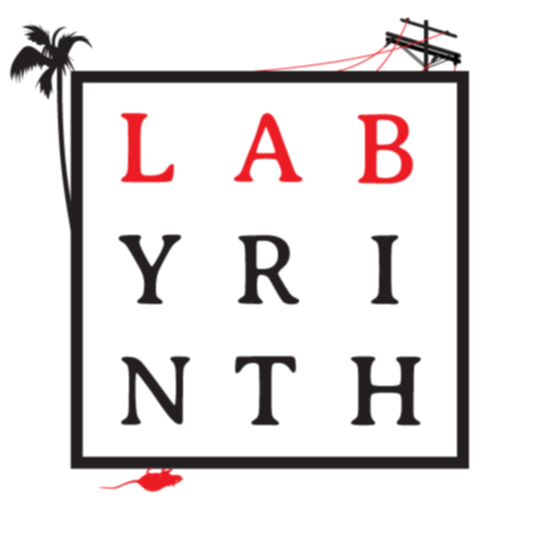Our current project on Avian Influenza in California takes a social science perspective on the problem: how are the biological and epidemiological aspects of HPAI related to the social and economic structures of the Southern California region?
We examine avian influenza in conjunction with industrialized food production and urbanization, theorizing that these social, economic and health processes are interrelated. Industrialized food production is central to our ability to sustain large urban societies, yet may also be uniquely vulnerable to infection, given its scale and homogeneity.
We use ethnographic methods (interview, collaboration with experts or community members, observation and interpretation and historical research) to try to understand the current disease crisis through the lens of relevant experts, such as farming and ranching professionals, veterinarians, waste management experts, and government officials.
Californians’ experience with avian influenza provides a critical opportunity for studying this intersection of disease, consumption, and industrialized farming. While dairy herd infection rates seem to be subsiding in 2025, this pandemic has elucidated the precarities of poultry and dairy supply chains. Experts we have already spoken with in wildlife and livestock medicine have already identified a challenge: California’s commitment to animal welfare and attempts to increase biosecurity may at points be at odds. While California’s urban consumers demand pasture-raised hens, this style of production also produces unique opportunities for infection and contamination.
Our state is a critical stopover within the Pacific Flyway and with the loss of over 95% of California’s historical wetlands, sites of industrialized farming often become points of intersection between wild and domestic animals, increasing the potential for zoonotic diseases transmission. Our goal with this research is to find a better way to articulate these relations so that experts, politicians, farmers and ranchers, and urban citizens can start to see these connections and get creative about new approaches and new ways to flourish together, as well as finding ways to better communicate the diverse interests at stake in this crisis—human and non-human.
Our research team includes PhD candidate, Alexandra Boesel, PhD student Mason Smith, and Professor Christopher Kelty. If you have any questions, comments or concerns about the research, you can reach out to the researchers.
UCLA Office of the Human Research Protection Program (OHRPP): If you have questions about your rights while taking part in this study, or you have concerns or suggestions and you want to talk to someone other than the researchers about the study, please call the OHRPP at (310) 825-7122 or write to: UCLA Office of the Human Research Protection Program 11000 Kinross Avenue, Suite 211, Box 951694 Los Angeles, CA 90095-1694.

